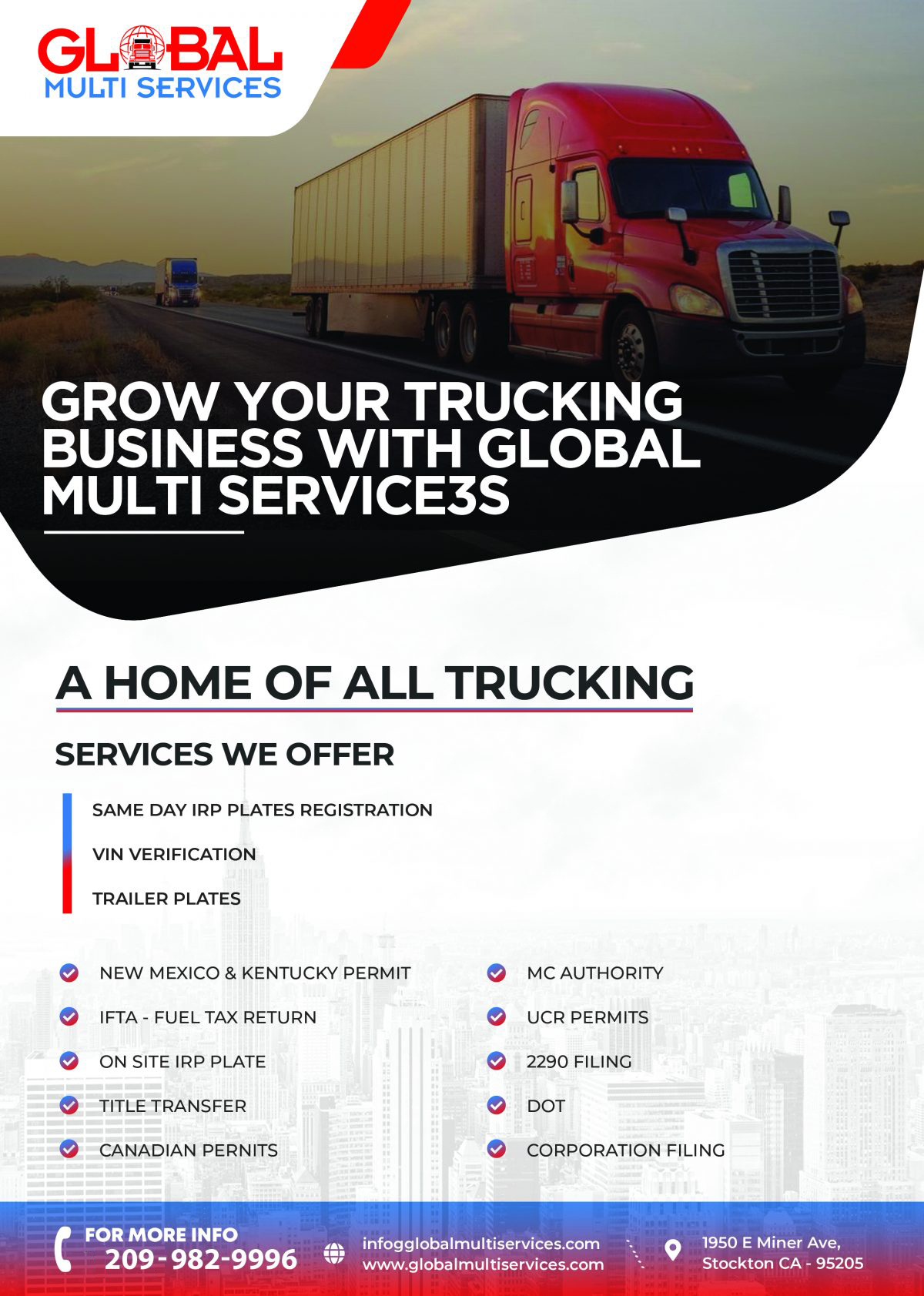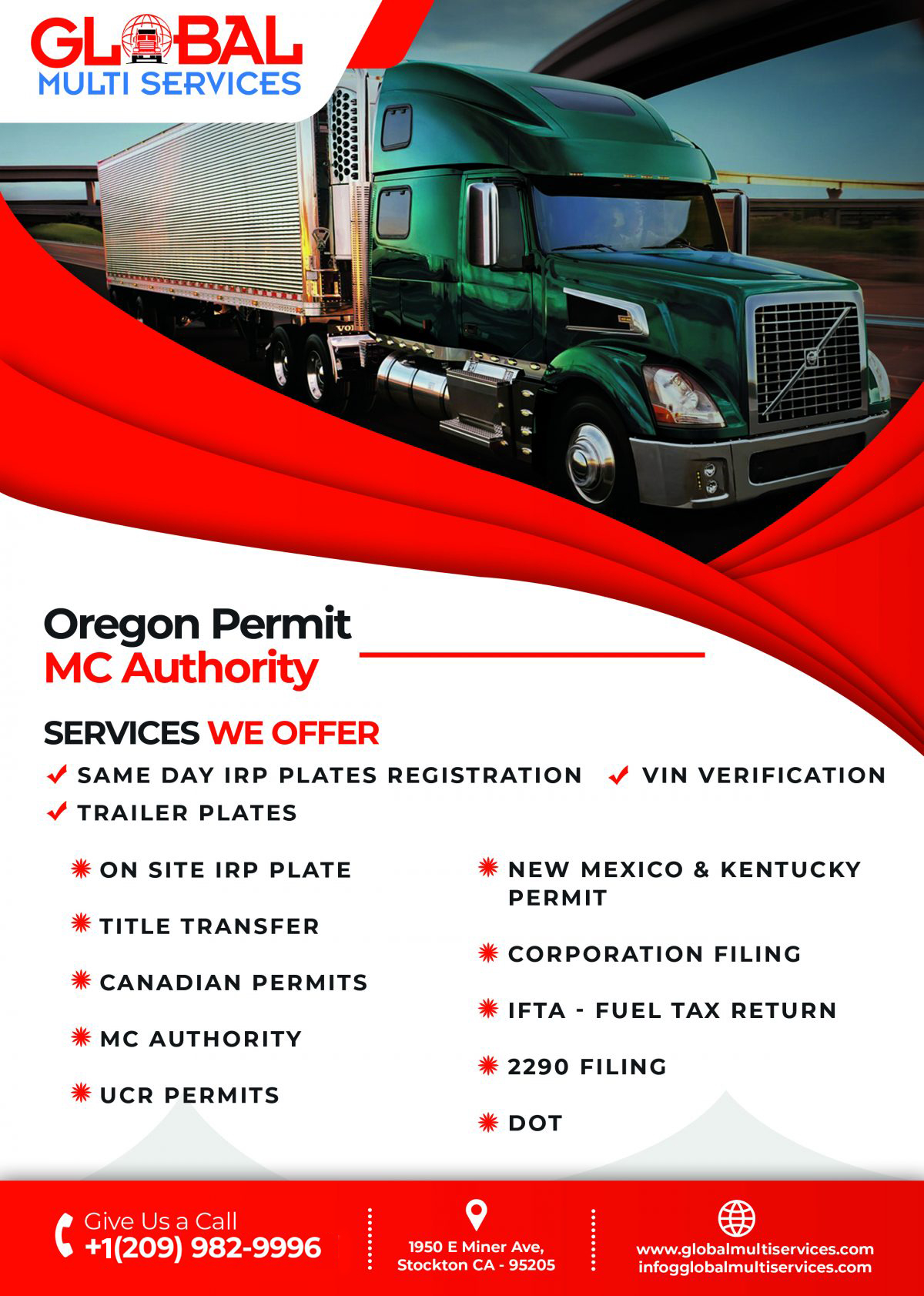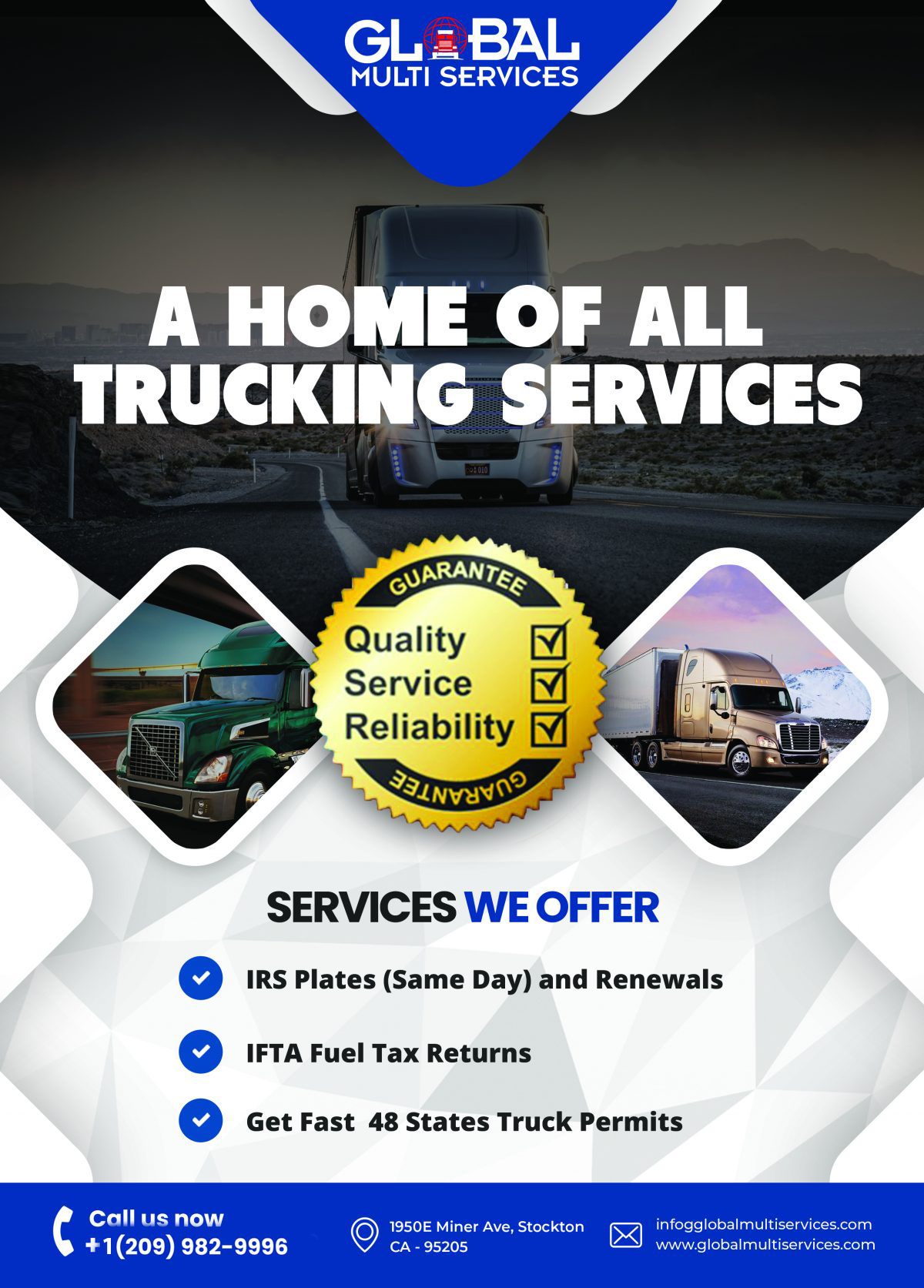I know how jaunty it feels to buy your own vehicle, whether it is a simple car or a truck. But buying a vehicle is not that easy, as someone might think it is just a simple give and take of money. To buy a vehicle, especially if you are buying a per-owned vehicle, a lot of paperwork and documentation need to be done, for a successful transfer. And such documentation needed to be done to get legit ownership of a vehicle is termed as Title Transfer. This blog is dedicated to providing you information regarding the process of Title Transfer, what does Title only and Partial Year Registration mean, and how you could utilize the services of Global Multi Services for a quick and genuine Title Transfer.
How to Transfer a Title
Having a Title Transferred is not a complex process, but it’s not very easy either. You could gather a lot of information about Title Transfer on the internet like I am giving in this blog, but there is no option to file a Title Transfer online, for that you have to go to your state’s DMV office and file that in person or you could take the help of Global Multi Services. Still, I am going to list the documents essential for a Title Transfer, following:
- A signed, notarized, completely, and properly filed Title Transfer application.
- Proof of the vehicle’s insurance coverage.
- A document of sale and all other documents provided by the seller.
- The insurance policy along with your name and sign.
- Driving license
- Title Transfer fee and additional fees, in case you want an instant transfer.
If you are Transferring the Title from your spouse’s name to yours, or are inheriting it in any other way, you need to provide probate along with the court’s certification.
As a buyer you might have to pay a late fee if you don’t get your Title Transferred within 30 days of its purchase.
Title Only
This section of the blog particularly concerns the truckers and trucking businesses, because Title Only services are usually for trailers, which does not require a transfer of registration but the Title Only. And the Title Only transfer further depends on the fact that whether the Trailer is going to be used for commercial purposes or not, and what is its weight category. In the registration process further, there are two kinds of registrations. One is registration on a lease, which could be for 1 to 5 years, and the other is permanent registration which is lifelong.
The non-commercial trailers with a gross vehicle weight of 10,000 lbs will be charged differently, for temporary and permanent registration, then the non-commercial trailers which have a gross vehicle weight of more than 10,000 lbs.
Partial Year Registration
The concept of Partial Year Registration is just to give flexibility to the consumers. As there used to be instances where the people do not want long-term ownership, so Partial Year Registration provides registration for any duration between 1-12 months. Those vehicles or pickups that weigh an unladen weight of 8,000 lbs and a gross vehicle weight of 10,001 lbs or less, have to pay a full registration fee along with a vehicle license, county, prorated unladen weight, and Partial Registration fees. The vehicles which weigh more than 10,001 lbs have to give the Cargo Theft Interdiction Program (CTIP) document, Commercial Vehicle Registration Act (CVRA) document, and the CVRA Decal fees, along with the prior document.
How Global Multi Services can help YOU
Global Multi Services have proficient and skilled experts for all kinds of Trucking services. Filing for Title Transfer is a very delicate process, and one wrong documentation could ruin the whole filing process, hence Global Multi Services will help you file the aptest Title Transfer, Title Only, and Partial Year Registration Documents.




